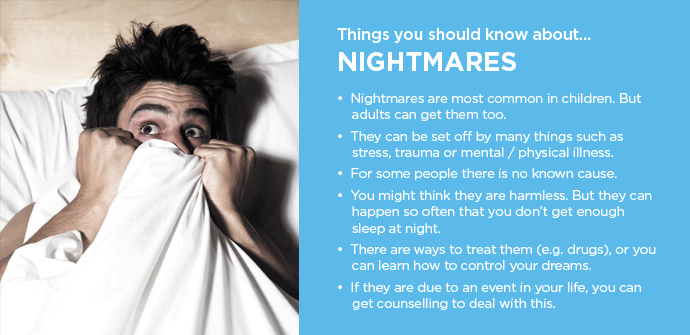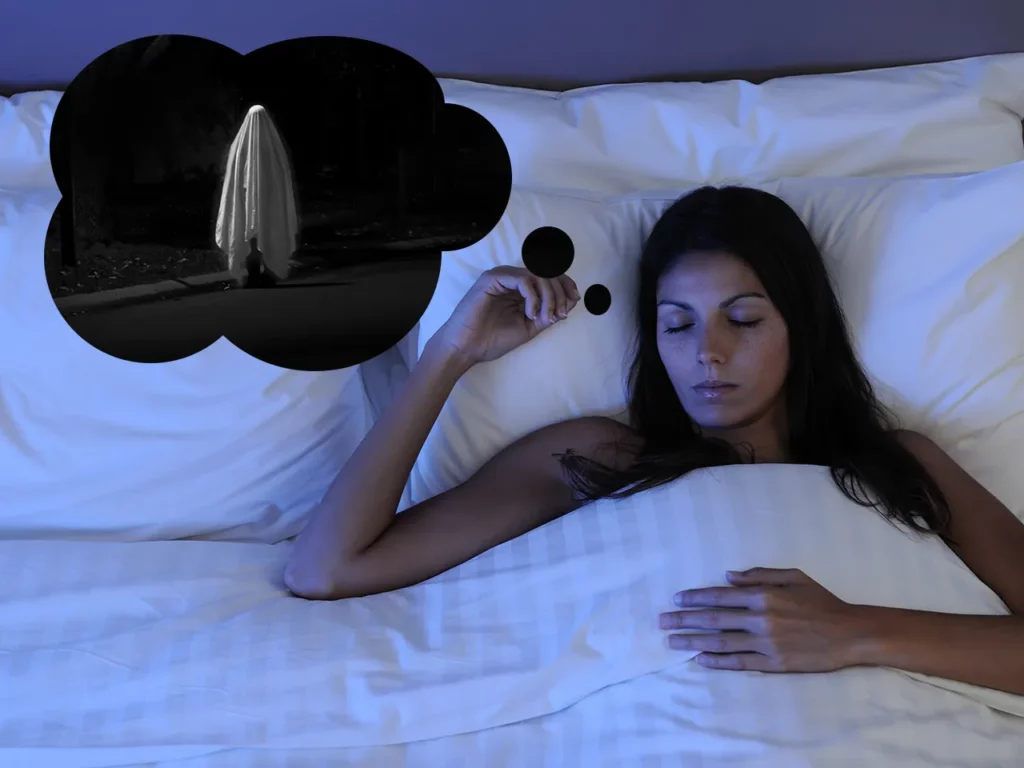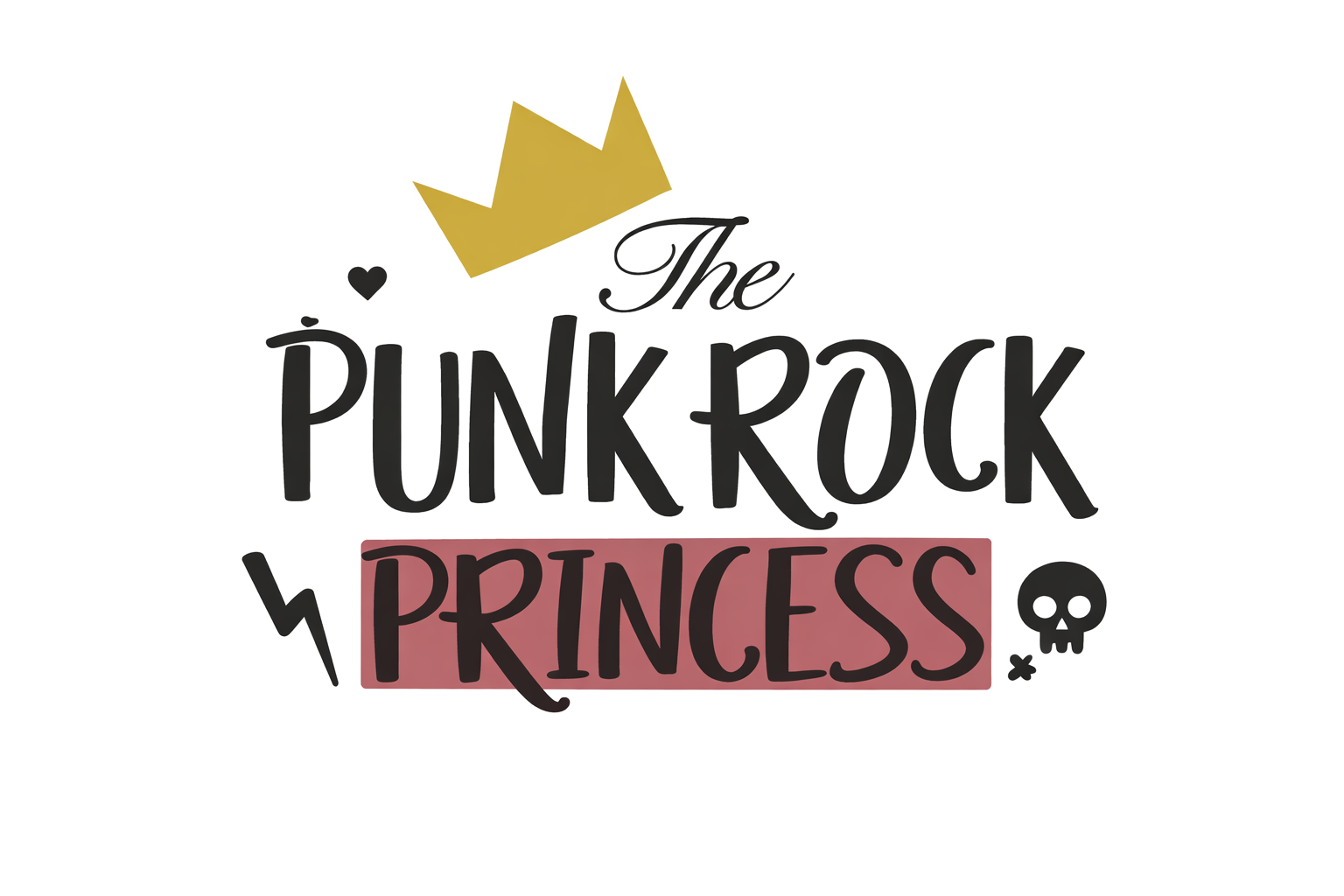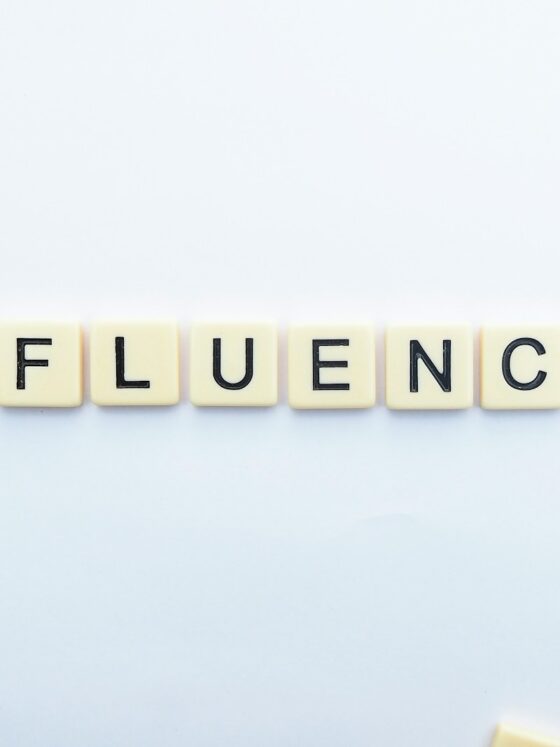Decode Your Nightmares

We have all had bad dreams. You probably can still remember your worst nightmare. If you or someone you care about has nightmares, or if you are just curious about things that go bump in the night, here is some basic information about nightmares. You’ll learn where they come from, what they mean, and how to stop them.
What is a bad dream?
Nightmares, also called bad dreams, are dreams that make you feel anxious, scared, or terrified.

Most of the time, when a person wakes up during or right after a nightmare, he or she can remember all or part of the bad dream very well.
During the REM (rapid eye movement) phase of sleep, both nightmares and dreams happen. Every night, people dream for about two hours. Most nightmares happen near the end of the REM cycle.
Nightmares are sometimes more than just bad dreams.
Nightmare disorder is a condition in which a person has frequent, bad dreams that last for a long time. The dreams are so bad that they cause a lot of stress and may get in the way of the person’s work or social life.
Night terrors are another disorder that is different from a normal bad dream. Night terrors happen in the first few hours of sleep and make people scream and move around a lot while they are sleeping.

Night terrors are different from normal nightmares in that it can be hard to wake the person up. Most people don’t remember much about their dreams when they wake up.
Who gets nightmares?
Children are most likely to have nightmares. Most kids start having nightmares before they turn 10 years old. Some people may start having bad dreams as early as age 3 or 4.
Bad dreams are normal for kids, as long as they don’t start to affect their sleep patterns or get in the way of their psychological and social growth.
Even adults can have nightmares, but they don’t happen as often as they do for kids. About half of all adults say they sometimes have bad dreams. Women have nightmares more often than men, which is interesting.
Why do people have nightmares?
Scientists don’t know much about dreams and nightmares. But there are a lot of different ideas about what makes a nightmare happen.
One theory has to do with how the brain is built and how it works.
REM sleep wakes up parts of the brain that help people learn. During REM sleep, the brain sends out random signals of different kinds. The cortex tries to make sense of these random signals by turning them into a “story” or a dream.
If this theory is true, nightmares and dreams don’t mean anything more. They happen when you sleep deeply.
Some psychologists, like Sigmund Freud, think dreams come from a person’s unconscious mind and show their deepest fears and desires.

Only when you sleep, when your conscious mind is quiet, do these feelings that you have pushed down come to the surface in the form of nightmares and dreams.
This theory says that all dreams are important and have some meaning behind them. To figure out what that means, you have to figure out what your dream means. Post-traumatic stress disorder can also cause people to have bad dreams.
Surgery, a car accident, or a history of physical abuse are all examples of things that can cause physical trauma.

Losing a loved one, being attacked, being ignored, or being sexually or emotionally abused can all cause emotional trauma.
There have been many reports of people who try to block out memories of being abused as a child. They don’t remember being abused, but after many years, they start to have bad dreams. When they go to therapy because of the nightmares, the memories they have been trying to hide start to come out.
Post-traumatic stress disorder can also cause war veterans to have bad dreams.
In the same way, stress and anxiety can lead to bad dreams.
More than half of all nightmares happen when something big happens in your life, like starting a new school, changing careers, or having a child.

There are also many physical reasons why people have nightmares. They are just the body’s way of reacting to certain conditions, such as:
- Fever
- Unwanted effect or side effect of a drug
- Alcohol or drug withdrawal
- Problems with breathing while you sleep (such as sleep apnea)
Some people may also be more likely to have nightmares because of their genes. In other words, your family may have a history of bad dreams.
What are some symbols that often show up in nightmares?
Some people think dreams and nightmares have deeper meanings and can show how you feel inside. Everyone has different dreams, and only you can really figure out what your bad dreams mean.

But some things happen in everyone’s dreams at some point. Dream interpreters say that these things stand for certain things.
Some symbols are easy to understand.
If you have a bad dream about falling, you feel helpless, out of control, or afraid of failing at something. If you have a dream about drowning, it means that your feelings are too much for you to handle.
If you dream about war or a fight, it could mean that you need to stand up for yourself more in a real-life situation.

Also, monsters and other creatures in nightmares are signs that something in your life has gotten out of hand.
Most people’s worst dreams involve being chased.
Usually, a stranger who is a man chases adults. On the other hand, children are usually chased by some kind of animal, monster, or other nightmare creature.
Dream interpreters say that feeling like you’re being chased in a dream means you feel like you’re being pushed or held back in some way. Some bad dreams can be signs that good things will happen in your life. Death is often a sign of a new start in nightmares and dreams. If you dream that you’ll die, you may be going through a big change in your life.
How can you stop having bad dreams?
If you don’t get enough sleep, you might just have bad dreams.
You might need to change how you sleep and how you live in general. For instance, you might have to change any or all of the following:
- Lessen how much caffeine and alcohol you drink, especially before bed.
- Do more aerobic exercise and increase your exercise (swimming, jogging, tennis, step class, etc.).
- Do things like yoga, aromatherapy, or meditation right before bed to calm down.
- Don’t eat anything right before bed. Eating makes the brain work harder and speeds up the body’s metabolism, which can lead to bad dreams and nightmares.
- Keep a regular sleep schedule. Try to go to bed and wake up at about the same time every night and morning.
A reaction to a new drug can cause people to have nightmares.
You should talk to your doctor if you just started taking a new medicine and have nightmares.
Your doctor may be able to give you a different medicine that works just as well but won’t make you feel so bad. Talk to your doctor if you have bad dreams more than once a week or if they keep you from getting enough sleep for a long time. You might need a physical, neurological, or mental exam to figure out what’s going on.
If your nightmares are very bad or keep coming back, it might help to talk to a counsellor or psychologist about them.
Sometimes all it takes to get rid of a nightmare is to talk about it. In other cases, bad dreams could be a subconscious sign of an emotional or mental problem that you need to solve. Even though we know a lot about how the human body works, we still don’t know much about nightmares and dreams.
Maybe that’s why they have so much control over us. You might think that nightmares are a normal part of your body, a sign from a higher power, or a way for your subconscious mind to talk to you.
No matter what, just remember that your nightmares are only as bad as you let them be.














